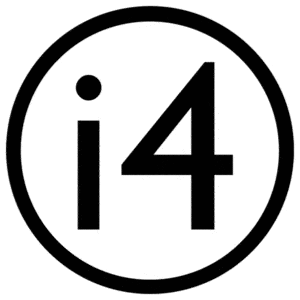Energy Leadership
Home - Energy Leadership
Energy Leadership
The Energy Leadership™ Index (ELI) assessment is a research-backed assessment tool that evaluates attitudes and captures how an individual currently perceives and approaches work and life. It takes abstract perspectives and turns them into tangible metrics that you can understand and evaluate. Energy influences the lens through which we see the world. Catabolic energy breeds worry, frustration, and a toxic environment, while anabolic energy produces constructive feedback and creativity. Clients have the opportunity to reshape their worldview, while transforming themselves and their company.
The i4 Group combines personally-tailored coaching with the ELI assessment to help teams look closely at where and how they are investing their energy. We help organizations make a plan and adjust priorities in support of company goals. Energy Leadership coaching will boost your team’s productivity, communication, and morale. Leaders and managers will see transformations in relationships, confidence level, and leadership skills. Energy Leadership coaching with The i4 Group will help you lead by example, with purpose, and passion.

Agile Manifesto Principles
The i4 Group is guided by Agile Manifesto Principles:
- Our highest priority is to satisfy the customer through early and continuous delivery of valuable software.
- Welcome changing requirements, even late in development. Agile processes harness change for the customer's competitive advantage.
- Deliver working software frequently, from a couple of weeks to a couple of months, with a preference to the shorter timescale.
- Business people and developers must work together daily throughout the project.
- Build projects around motivated individuals. Give them the environment and support they need, and trust them to get the job done.
- The most efficient and effective method of conveying information to and within a development team is face-to-face conversation.
- Working software is the primary measure of progress
- Agile processes promote sustainable development. The sponsors, developers, and users should be able to maintain a constant pace indefinitely.
- Continuous attention to technical excellence and good design enhances agility.
- Simplicity--the art of maximizing the amount of work not done--is essential.
- The best architectures, requirements, and designs emerge from self-organizing teams.
- At regular intervals, the team reflects on how to become more effective, then tunes and adjusts its behavior accordingly.
